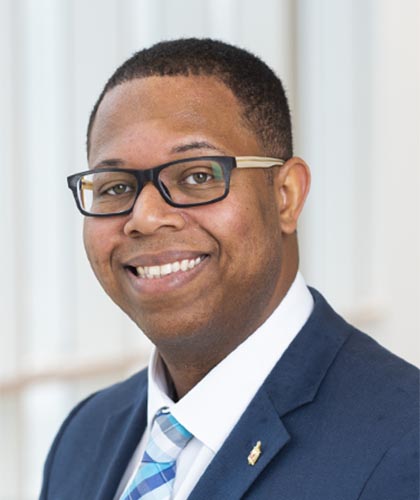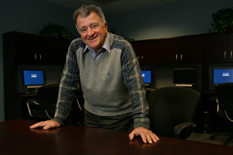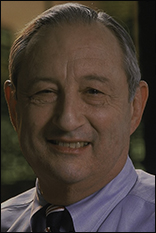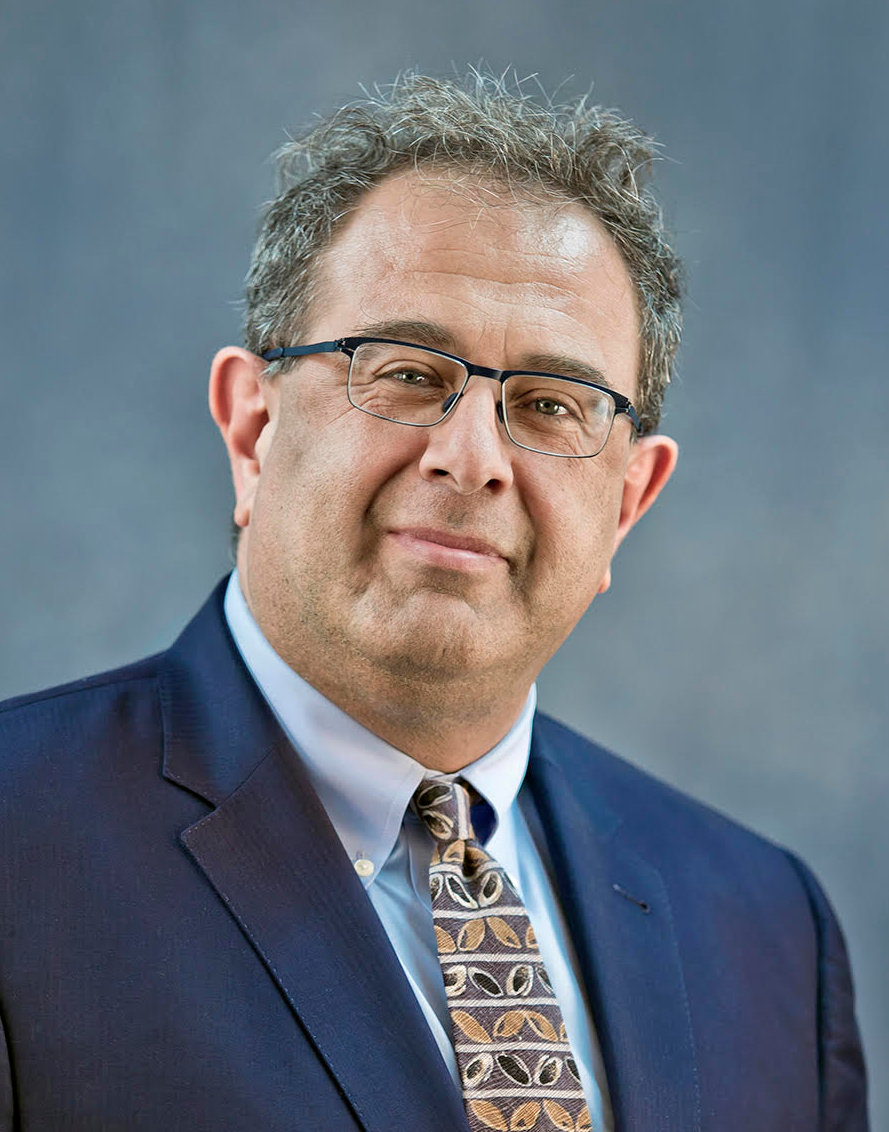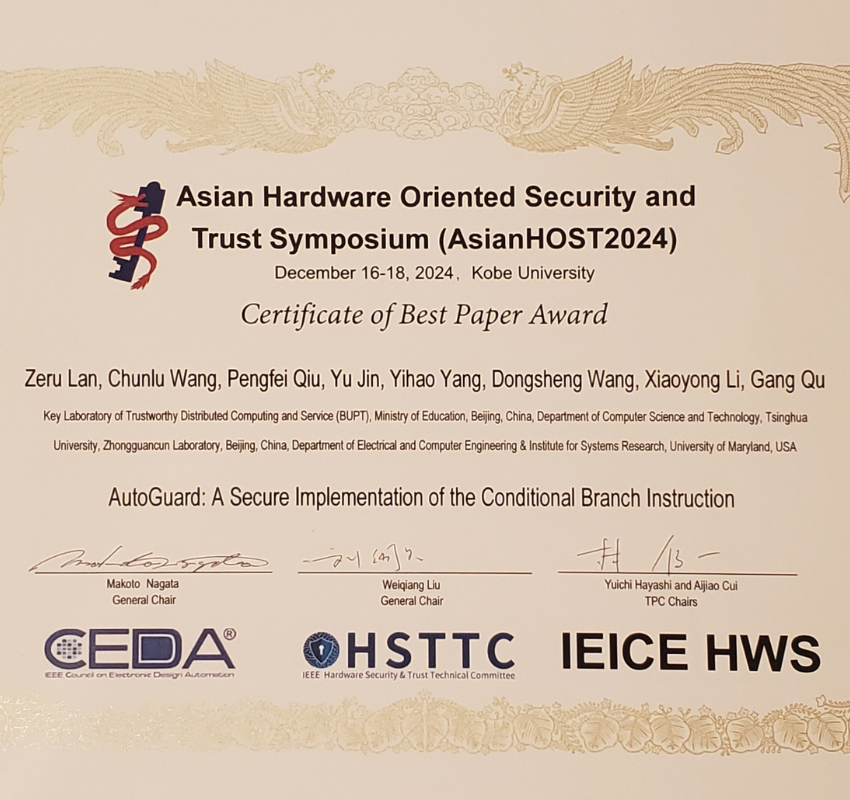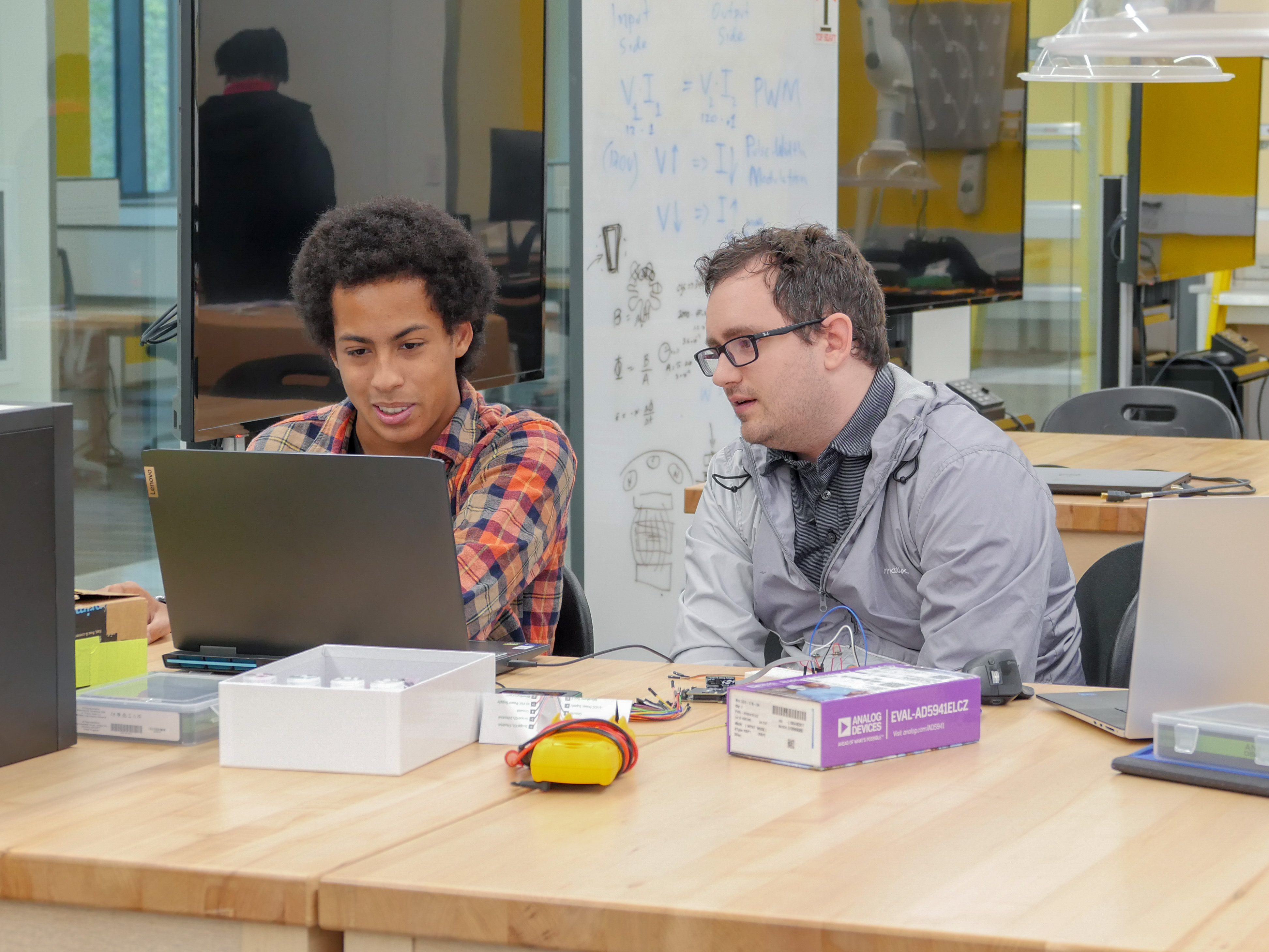News Story
NSF RINGS: Harnessing the Complexity of Modern Electromagnetic Environments for Resilient Wireless Communications
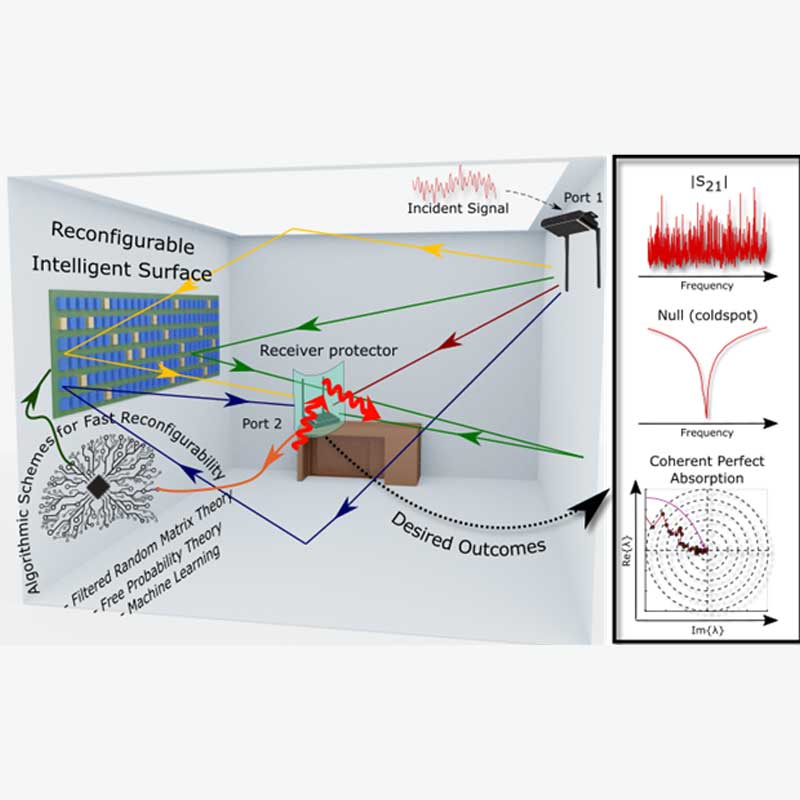
University of Maryland Professor Steven Anlage (ECE/Physics) has received a new $1M National Science Foundation (NSF) grant through the Resilient & Intelligent NextG Systems (RINGS) program. The grant, “Harnessing the Complexity of Modern Electromagnetic Environments for Resilient Wireless Communications,” is a collaboration with researchers at the University of California, San Diego and Wesleyan University.
Each year, we expect faster and faster download speeds for our hand-held devices— a kind of Moore’s Law for wireless communications bandwidth. However, to maintain this relentless increase in data rates we need to harness every technological feature available and utilize it to the maximum extent.
One particular challenge is improving wireless communications in enclosed environments, like a room or building, where signals can reverberate in a chaotic manner and appear to be hopelessly scrambled, as compared to free space propagation. One approach is to use a programmable wall or ceiling-mounted pixelated surface to literally mold the reverberating waves to increase the data transfer rates to targeted receivers.
The science and technology of reliably improving the data rates is the subject of this funded research. This science is advanced through the intelligent use of the random reverberant properties common to all enclosed spaces, combined with wave control enabled by our programmable pixelated surfaces.
The targeted outcome is further improvement of wireless communication data rates even in situations where present-day technology is severely handicapped or fails to operate altogether.
This grant offers new opportunities for students and post-docs to work on the cutting edge of future wireless technologies. If you are interested in this opportunity, contact Professor Steven Anlage.
Research Team: Steven M. Anlage (PI, University of Maryland ECE and Physics), Tsampikos Kottos (co-PI, Wesleyan University), Daniel Sievenpiper (co-PI, UC San Diego)
Published June 21, 2022
